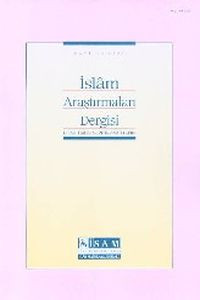Abstract
This article examines Japanese discourse and writings on the Islamic world during an era of fifteen years of war in Japan, stretching from the Manchurian Incident to the end of WWII (1931-1945). The aim of this investigation into Japanese scholarship on Islam is to contribute to the debates on the imperial politics of orientalist scholarship. The article notes that the boom of Japanese interest in Islam was closely linked to the crisis in Japanese imperialism during the 1930s, best seen in the government or military funding available to encourage the study of Muslim societies. However, the racial or civilizational identity of the scholars was an important factor in shaping the content of scholarship in Islam. Japan's Pan-Asianism, both as a discourse of internationalism and imperialism, shaped the way, as Japanese scholars claimed, for the production of a "better understanding" of the Muslim world independent of "Western prejudices". This Asianist vision allowed the Japanese to produce a different perspective on Muslim societies, mostly through the re-reading of European Orientalism. Japanese scholars both reproduced and questioned the Orientalist notion of the East-West civilizational divide in their writings on the Muslim world. The experience of Japan's Islamic studies also illustrates how internationalism, imperialism and Orientalism interacted in discourses of Japanese-Islamic solidarity.
Keywords
orientalism imperialism internationalism Japanese nationalism Islamic studies in Asia civilizational thinking and politics of scholarship
References
- Goodman, David and Masanori Miyazawa, Jews in the Japanese Mind, New York: Lexington Books, 2000.
Details
| Primary Language | English |
|---|---|
| Subjects | Religious Studies |
| Journal Section | Makaleler |
| Authors | |
| Publication Date | July 1, 2005 |
| Published in Issue | Year 2005 Issue: 14 |

